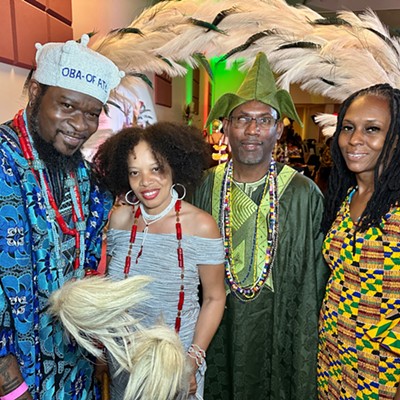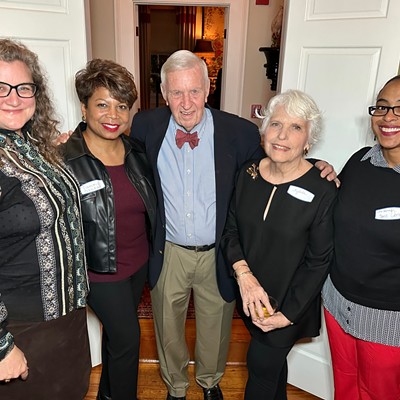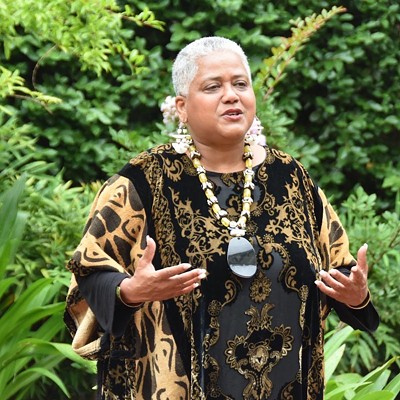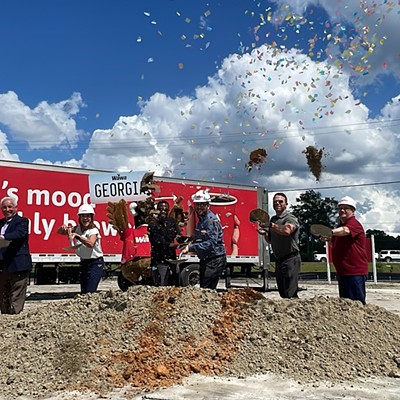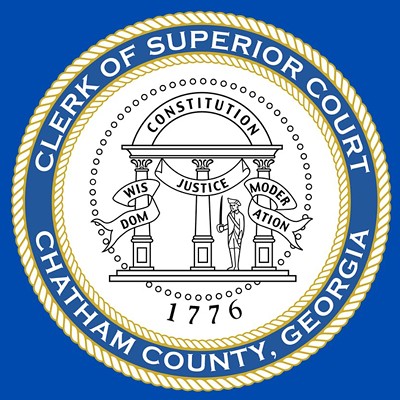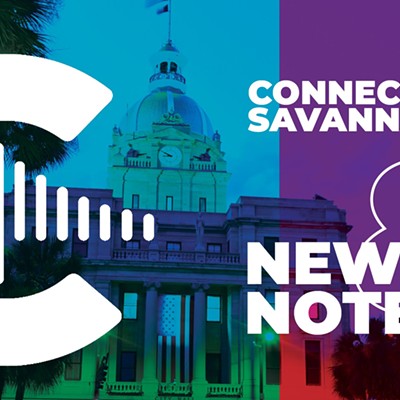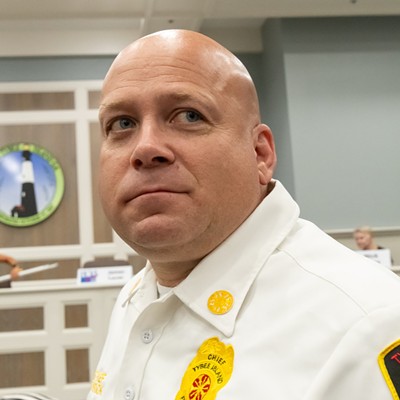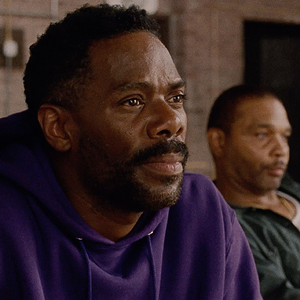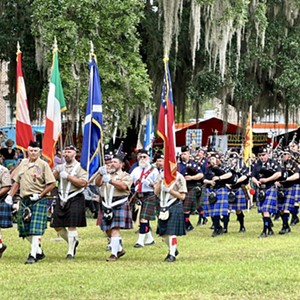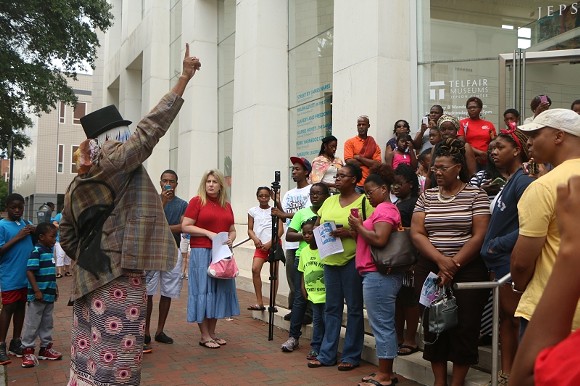
ABRAHAM LINCOLN officially freed American's slaves in 1863, but it took a couple of more years for the Emancipation Proclamation to make its way to the people to whom it mattered most.
On June 19, 2015, Union Major General Gordon Granger landed at Galveston, TX and announced the end of the war and the beginning of freedom for enslaved people. The reading of General Order No. 3 inspired great joy and jubilation, and Juneteenth celebrations became a tradition throughout the country.
While initial enthusiasm waned in the early 1900s, a resurgence of interest in Juneteenth sprung up during the Civil Rights movement. Today festivities are shared in hundreds of communities—it’s even a state holiday in Texas, the site of the first fall of slavery’s shackles.
Here in Savannah, that bittersweet occasion has been heralded at the Telfair Academy’s Jepson Center for the Arts with music, art and homage to slavery’s West African heritage for the past nine Junes. This year marks the 150th anniversary of Juneteenth, bringing extra significance to the revelry on Saturday, June 13.
“This is a special year,” notes Juneteenth coordinator Vaughnette Goode-Walker.
“Along with continuing traditions, we’ve added the party aspect to make this a celebration of emancipation, truly.”
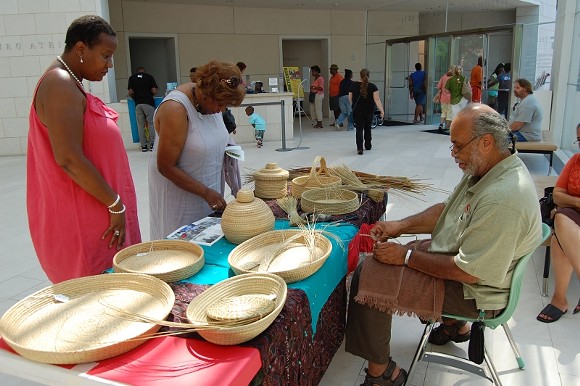
Any good party must include dancing, and for the first time live drummers and DJ Victor Cooper will fill the grand atrium with song and beats for this free family event. Also new is the early afternoon time slot, a change that Goode-Walker hopes will entice more people to come dance and learn.
“It used to be in the morning, and I think this time will be even better for children and adults to enjoy the day,” she says.
The festivities begin at 1pm as Goode-Walker assists local historian and storyteller Dr. Amir Jamal Touré in a libation ceremony on the steps of the Jepson “to invoke the call of the ancestors to join us.”
Known as a griot in African culture—a keeper of stories—Touré conducts living history workshops and tours with his company Day Clean Soul. His rituals are less performances than they are ceremonies, and observers of all kinds often feel a strong connection as he conducts a direct expression of what he calls the African Spirit.
The rest of the programming will be hosted by Jim Bacote, who runs Geechee Kunda, the cultural education facility and museum in Liberty County.
Part of Bacote and Touré’s mission is to remind that the culture and tradition of Africans were not lost when they were abducted from their homeland. After they were freed, many established fishing and oystering communities along the coast of Georgia, South Carolina and North Carolina. They became collectively known as the Gullah Geechee people, and some of those enclaves still exist today.
“Gullah Geechee people and their culture are direct links to Mother Africa,” writes Touré. “Gullah Geechees and their culture are living testimonies of Africa in the U.S.”
The Gullah Geechee declared themselves a sovereign “nation within in a nation,” recognized as such by Congress in 2000. Invigorating the Juneteeth celebrations once again is Gullah Geechee Chieftess and Head of State Marquetta L. Goodwine, otherwise known as Queen Quet.
A dynamic West African performer and speaker, Queen Quet was born and raised on nearby St. Helena Island, SC and has spent the last two decades as an ambassador for Gullah Geechee heritage.
She will be joined by painter Amiri Farris and sweetgrass basketweaver Gregory Grant (of local Grant’s Barbershop dynasty), who will provide more context to the African traditions alive and well in the Lowcountry.
“The Gullah Geechee corridor is right over the river,” notes Goode-Walker. “You don’t have to go very far to find African culture.”
Celebrating the evolution of African-American art is also a part of the 150th anniversary of Juneteenth. The Telfair Museums’ Friends of African American Arts (FAAA) will present a special “Juneteenth Artist of the Year” to painter Luther Vann, a West Savannah native whose colorful, unconventionally-produced work (he paints with chopsticks!) reside in the Telfair’s permanent collection.
The day finishes with a lively visit from Mitch Capel in persona as Gran’Daddy Junebug, bringing to life the words of African-American poet and novelist Paul Laurence Dunbar.
Goode-Walker hopes people will come away not only with a deeper understanding of the African-American story but also a greater awareness that some of those freed in June 1865 once walked the same streets we traverse today, and their descendants are our friends and neighbors.
“Savannah has a history of urban slavery,” reminds the historian, who also operates the walking tour company Footprints of Savannah.
“Some say that sometimes we are too politically correct address that history. But we have to know it. Juneteenth gives us the opportunity to talk about it, even if it’s only for an afternoon.”



